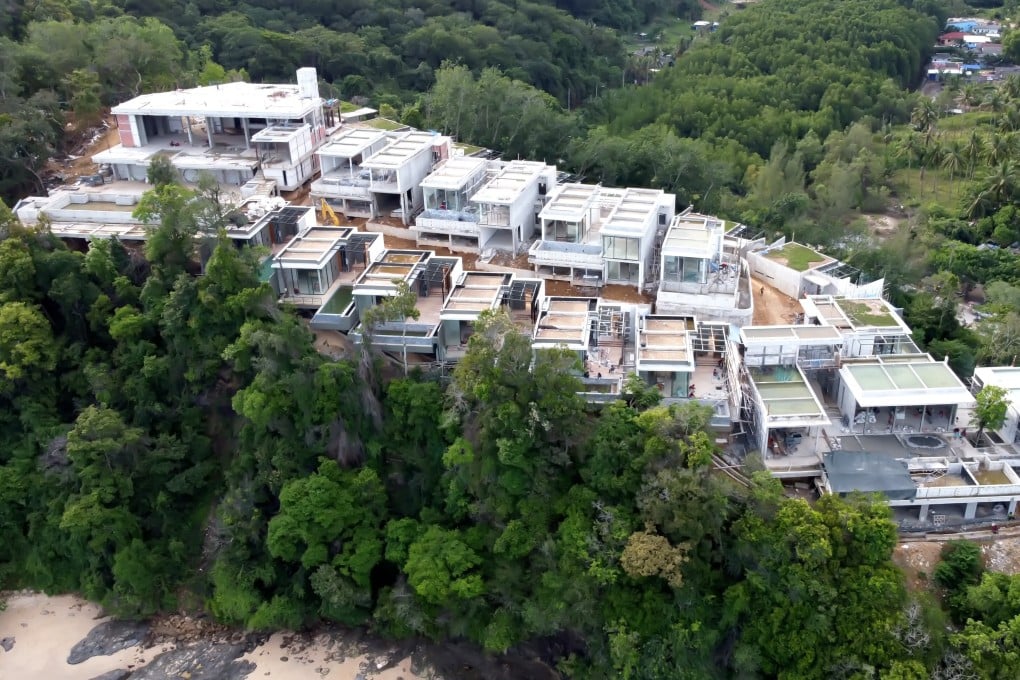As Phuket gears up to reopen, bargain hunters and Chinese buyers eye property and investments
- Phuket remains high on the list for those on the lookout for a second home and business opportunities in a post-coronavirus world
- There are heavily discounted homes and even entire resorts, while one property firm has recorded a 38 per cent increase in interest from China

Despite record cases in the kingdom since the start of the third wave of Covid-19 in March – more than 36,000 cases were detected in April, and there were 51,000 logged during May 1-19 alone – Phuket is adamant about reviving its status as the region’s top holiday destination and is accelerating the vaccination programme for locals and tourism workers on the island.
Vachira Phuket Hospital director Chalermpong Sukontapol said 450,000 Phuket residents would be vaccinated by June, while expats living on the island would start receiving the vaccines at the end of this month.
The island, situated in the Andaman Sea in Thailand’s west, has experienced a year of coronavirus-induced economic setbacks, with its beaches, bars and hotels left largely vacant as tourist numbers slumped by 80 per cent last year.